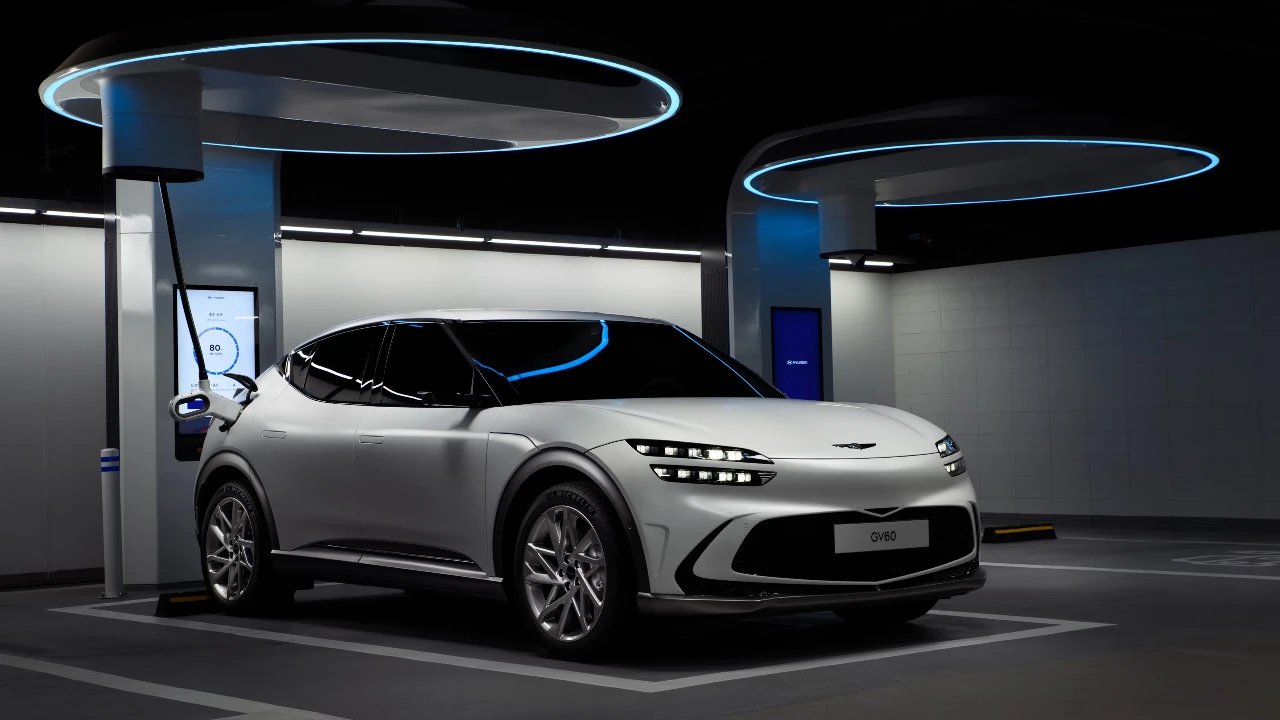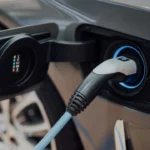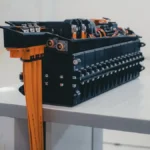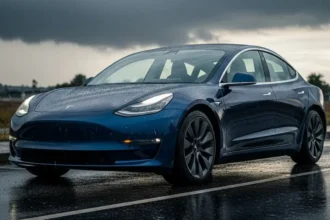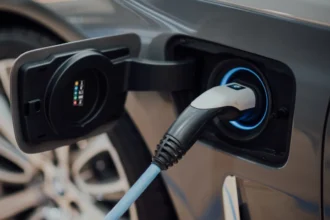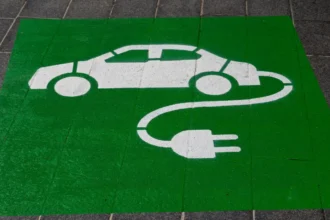Money Rewards Help Electric Car Owners Change When They Charge
Do you own an electric car? The time you charge it could make a big difference for electricity systems. A new study shows that small money rewards can change when people charge their cars, according to NewScientist. Researchers found that paying people just a little bit helps them charge during nighttime hours instead of busy times.
The main problem is that if too many people charge their cars at the same time, it puts heavy stress on electricity systems. This happens especially when people come home from work and plug in their cars, creating what experts call “peak demand.”
Behind the Study
This significant research was a joint effort by three skilled academics. Their aim was to identify improved methods for handling electricity consumption as electric vehicle ownership increases:
- Blake Shaffer, representing the University of Calgary
- Kenneth Gillingham, associated with Yale University
- Andrea La Nauze from Deakin University
The experiment took place in Calgary, Canada, but the insights gained hold value for power grids globally. The group investigated techniques to move charging activities to nighttime periods when electricity demand is lower.
How They Tested Different Ways to Change Charging Habits
The research team invited 200 electric car owners to join their study. They split these people into three different groups to test what works best:
- One group received money rewards (3.5 cents for each kilowatt-hour) for charging during nighttime (10 pm to 6 am)
- Another group received only information and gentle reminders about the benefits of night charging
- A third group served as a comparison with no changes
What They Discovered About Changing Habits
The findings were conclusive: monetary incentives made a significant impact! Blake Shaffer noted, “Offering an incentive to shift charging to the off-peak hours clearly reduced peak hours charging by 50 per cent.” This marks a considerable gain that could improve how electrical grids operate.
In contrast, merely offering details about the advantages of nighttime charging proved entirely unsuccessful. Researchers described these guidance messages as “completely ineffective” for altering charging times. Additionally, participants sustained these beneficial practices solely while the financial incentives remained in place.
Real Results from Different Studies
The Calgary study isn’t the only research showing these positive effects. Other important studies have found similar results:
| Who Did the Study | What They Measured | How Much Improvement |
|---|---|---|
| California Energy Commission | Peak demand for public EV charging (8am-11am) | Dropped from 24.2 kW to 10.0 kW (26.7% reduction) |
| California Energy Commission | Fast charging power reduction | 20 kW reduction (nearly half of normal power) |
| NREL | Daily peak demand in high-EV communities | 23% reduction through smart charging |
| ResearchGate | Peak loads at charging sites | Up to 55% reduction with peak shaving |
Understanding Important Terms in Simple Words
Let’s break down some tricky words you might not understand fully:
- Off-peak hours: Times when fewer people use electricity (usually late night)
- Peak grid load: When many people use electricity at the same time
- Kilowatt-hour (kWh): A way to measure how much electricity is used
- Behavioral nudges: Gentle reminders or information to help change habits
- Smart charging: Technology that controls when and how cars charge
Why This Matters for Electricity Systems
Without smart charging plans, many electricity grids would need expensive upgrades to handle all the new electric cars. Think about what happens if everyone in your neighborhood turned on their air conditioners at exactly the same time – the system gets stressed!
According to ResearchGate, just saving money on electricity isn’t enough reason for most people to join smart charging programs. This explains why the gentle reminders didn’t work in the study – people need stronger motivation to change their habits.
What Companies Are Doing Now
Some electric companies are already using these research findings to create better programs. For example, utility companies like Con Edison and Orange & Rockland in New York have started offering money rewards for charging during off-peak times.
These programs work because charging at night isn’t very inconvenient for most people. Your car just sits there charging while you sleep, and you wake up to a fully charged car – plus you save money!
Looking to the Future of Electric Cars
As you see more electric cars on the road, think about how small changes in charging habits can make a big difference. The electricity grid that powers your home is the same one that will charge millions of electric cars.
Will you be part of the solution? If electric companies offer money rewards for night charging, would you change your habits? This simple shift could help keep electricity reliable and possibly cheaper for everyone.
